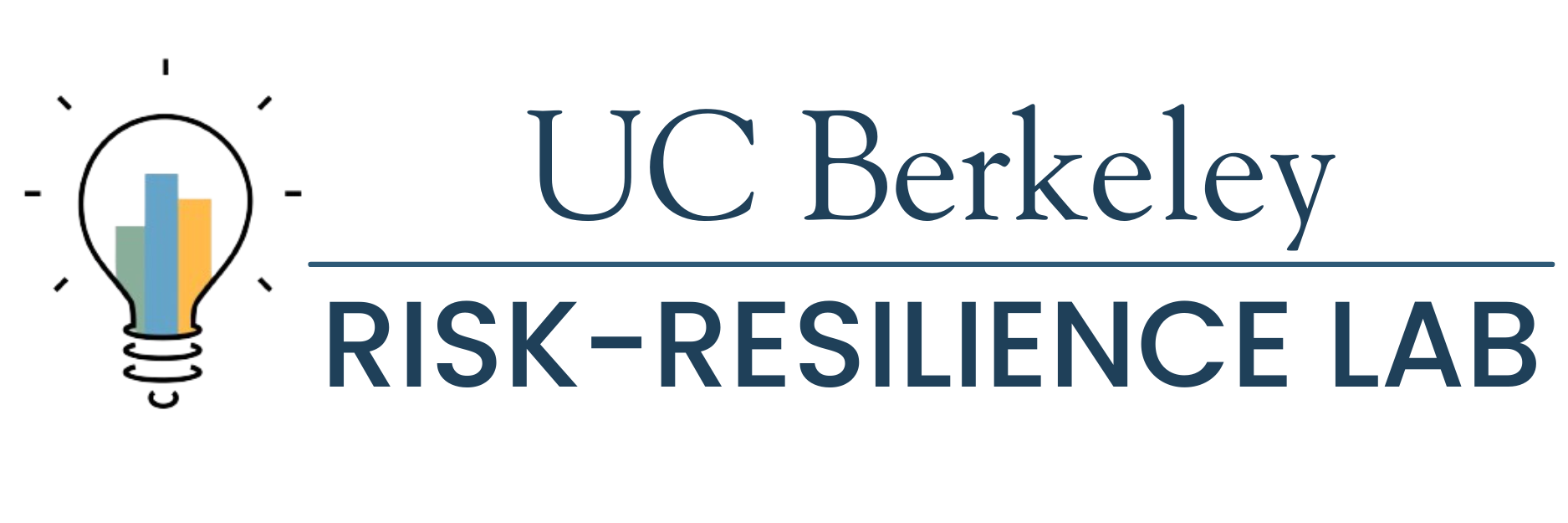Psychopathic personality and racial/ethnic differences reconsidered: A reply to Lynn (2002) (2003)
Abstract
To safely manage potentially violent patients in the community, mental health professionals (MHPs) must assess when and under what conditions a patient may be involved in a violent act. This study applies a more ecologically sensitive approach than past research by building the conditions that MHPs believe make patient violence more likely into tests of their predictive validity. In specific, the accuracy of MHPs’ predictions that patients were more likely to become violent when they consumed alcohol was assessed based on a sample of 714 patients. The results indicate that MHPs do not discriminate well between patients who are likely to become violent during periods in which they drink from those who are not. MHPs’ predictions appear more descriptive of the drinking behavior of a high-risk group than predictive of alcohol-related violent incidents. Thus, even when their apparent decisional processes are considered in tests of accuracy, MHPs’ predictions of violence are only moderately more accurate than chance. This paper analyzes the implications of these findings for risk assessment practice and for conducting further clinically relevant research.

